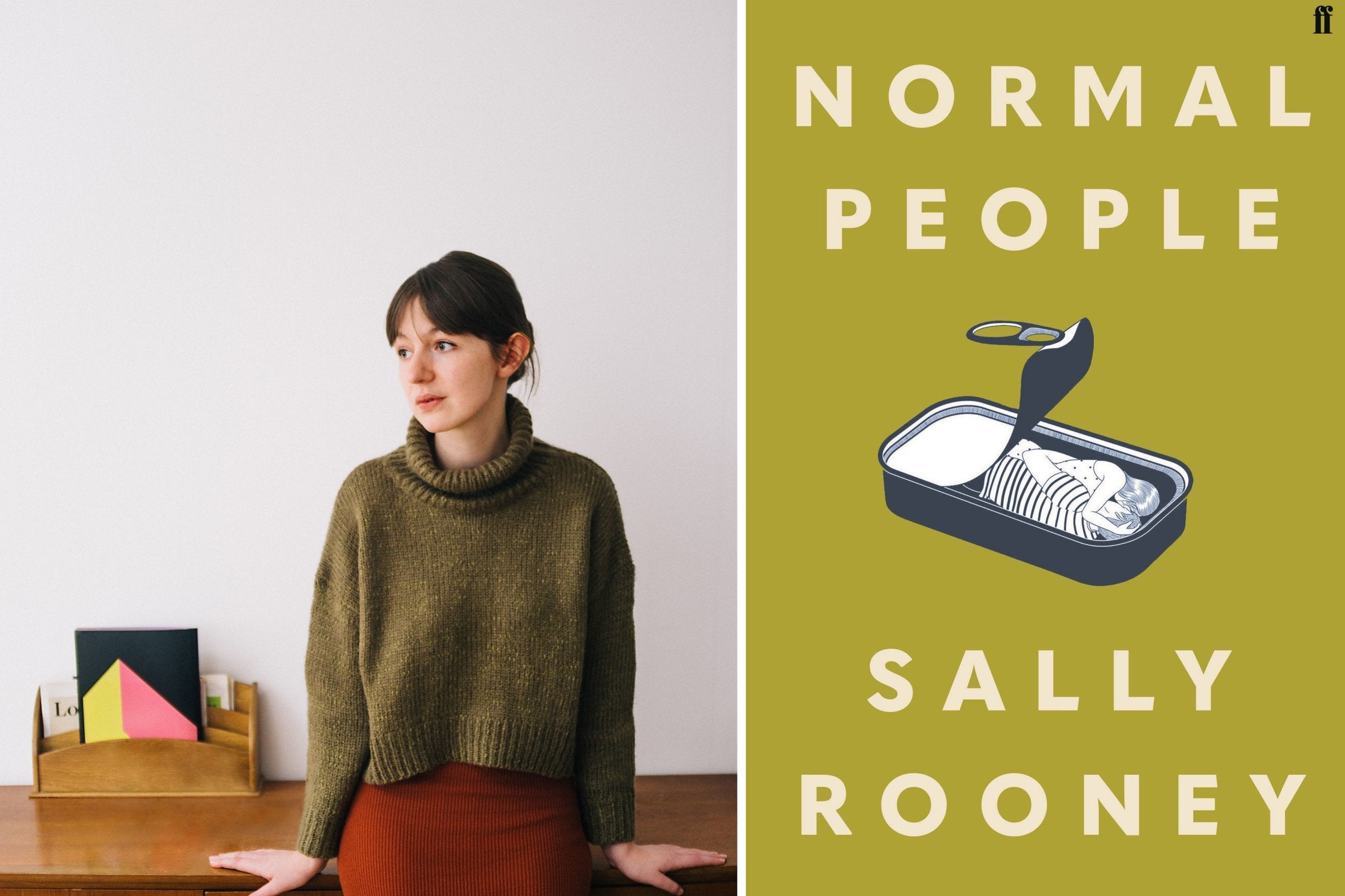Normal People by Sally Rooney, review: Enters the darker corners of the psyche
Rooney excels in writing characters who stand askance from life. She writes anguish like nobody can

There’s an effortlessness about Sally Rooney’s writing, as if the stories simply pour through her like liquid gold. Her debut novel, Conversations with Friends, published in 2017 when she was 26, displayed a rare energy and flair for creating odd and intricate characters. The bar was set high, but just a year on, Rooney has smashed it.
Longlisted for the Booker Prize (and surely bound for the shortlist), Normal People is a more daring book, unafraid to enter the darker corners of the psyche. Where Conversations gets under your skin, this hits you deep in the marrow, and the result is quite astonishing.
The novel opens in smalltown Carricklea with 16-year-old Marianne. A little plump, seriously uncool, and far too openly clever than is wise in a bog standard comprehensive school, Marianne isn’t liked. She sits on her own at her lunch reading Proust in the canteen and couldn’t give a damn what people think. She is, inevitably, seen as something of an abomination.
Her classmate Connell is quite a different specimen. Naturally aloof and smart, with a touching sweetness, Connell loafs about with the in-crowd. His need to please is visceral. But Connell has a secret other life.
His single mother Lorraine is a cleaner for Marianne’s rich family, and after her shifts Connell picks her up from the white mansion in the posh part of Carricklea; from this odd setup there begins a clandestine attraction between the two teenagers.
The teenagers enjoy doing things to each other’s bodies, they discover. And so they get into a bit of a routine: Marianne traipses over to Connell’s house after lessons, lets him fuck her, and once back at school Connell doesn’t speak to Marianne. Or even look at her.
These humiliating scenes are excruciating to read, and Rooney’s examination of casual cruelty is masterful. She is a writer wiser than her years. But the relationship that emerges is more complex than first appears. There develops on both parts an astonishing closeness, a rawness in the way they open themselves to each other.
“With Marianne it was different. He could do and say anything he wanted with her ... It gave him a vertiginous, light-headed feeling to think about it.” Real love requires a perilous risking of oneself, and Marianne is far from risk averse. In fact, she lacks the second skin that most of us acquire to get by. The self-abandon of this character is her true wonder and sorrow.
And so the book traces the vicissitudes of this charged, tender and torn relationship between the friends stroke lovers who can never really fully admit to being together.
Alternating between the perspectives of Connell and Marianne, the chapters follow their journey from Carricklea to Trinity College Dublin, where Marianne flourishes and Connell turns in on himself: they both meet other people, come together, fall apart. A rhythm defines the narrative.
Like a primal call and response, a heave and rasp, as the pair are carnally drawn to each other but can never quite stick. Rooney gets emotional mess, gets the absolute pull of sex. This is One Day on heat. Will the two ever manage to settle into a sustaining relationship?
Rooney excels in writing characters who stand askance from life. She writes anguish like nobody can. There’s nothing normal about Rooney. She’s exceptional.
Normal People by Sally Rooney is published by Faber & Faber
Follow Independent Culture on Facebook for all the latest on Film, TV, Music and more
Join our commenting forum
Join thought-provoking conversations, follow other Independent readers and see their replies
Comments
Bookmark popover
Removed from bookmarks